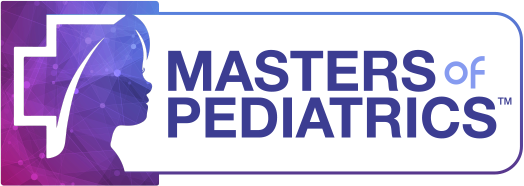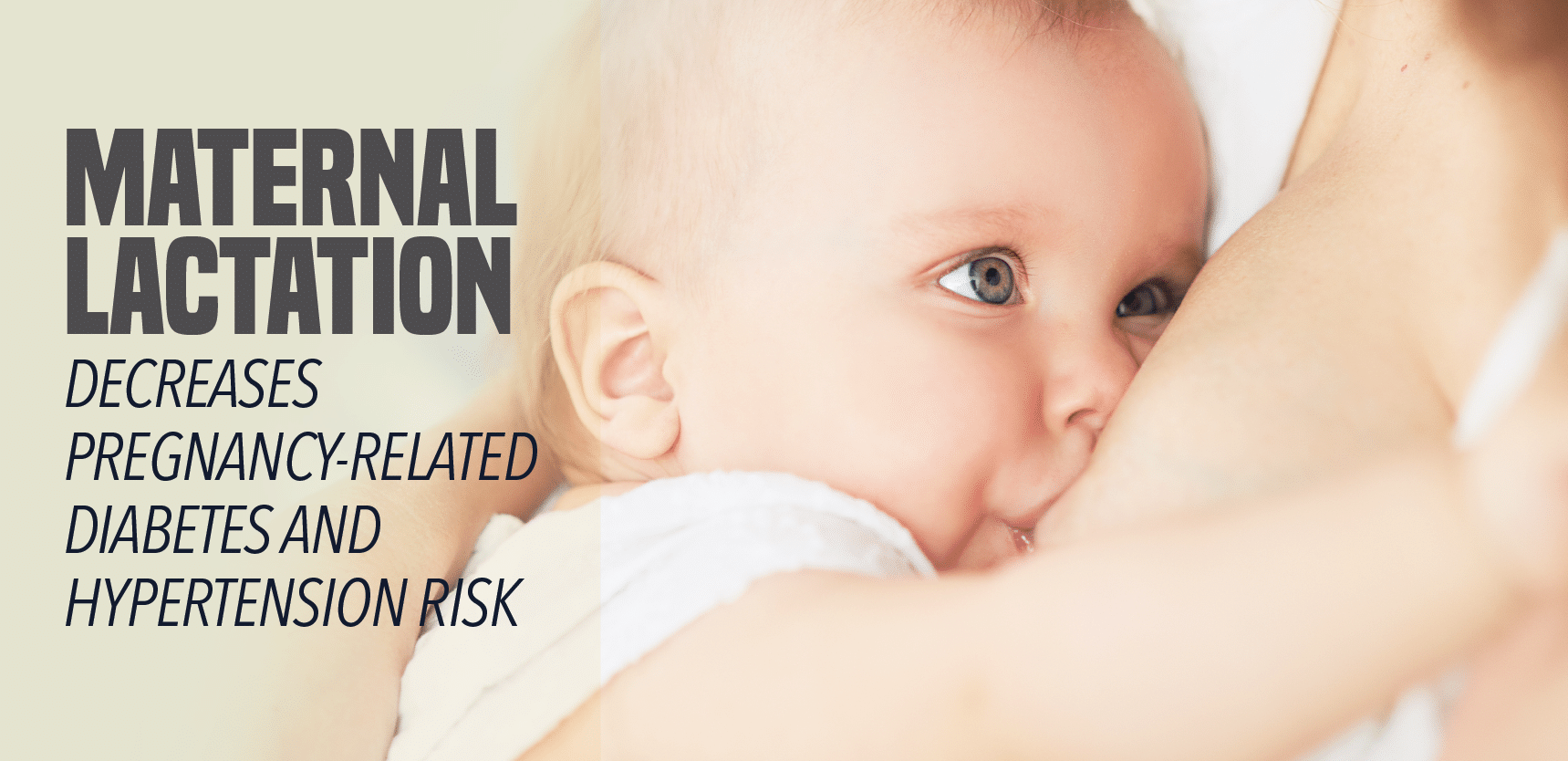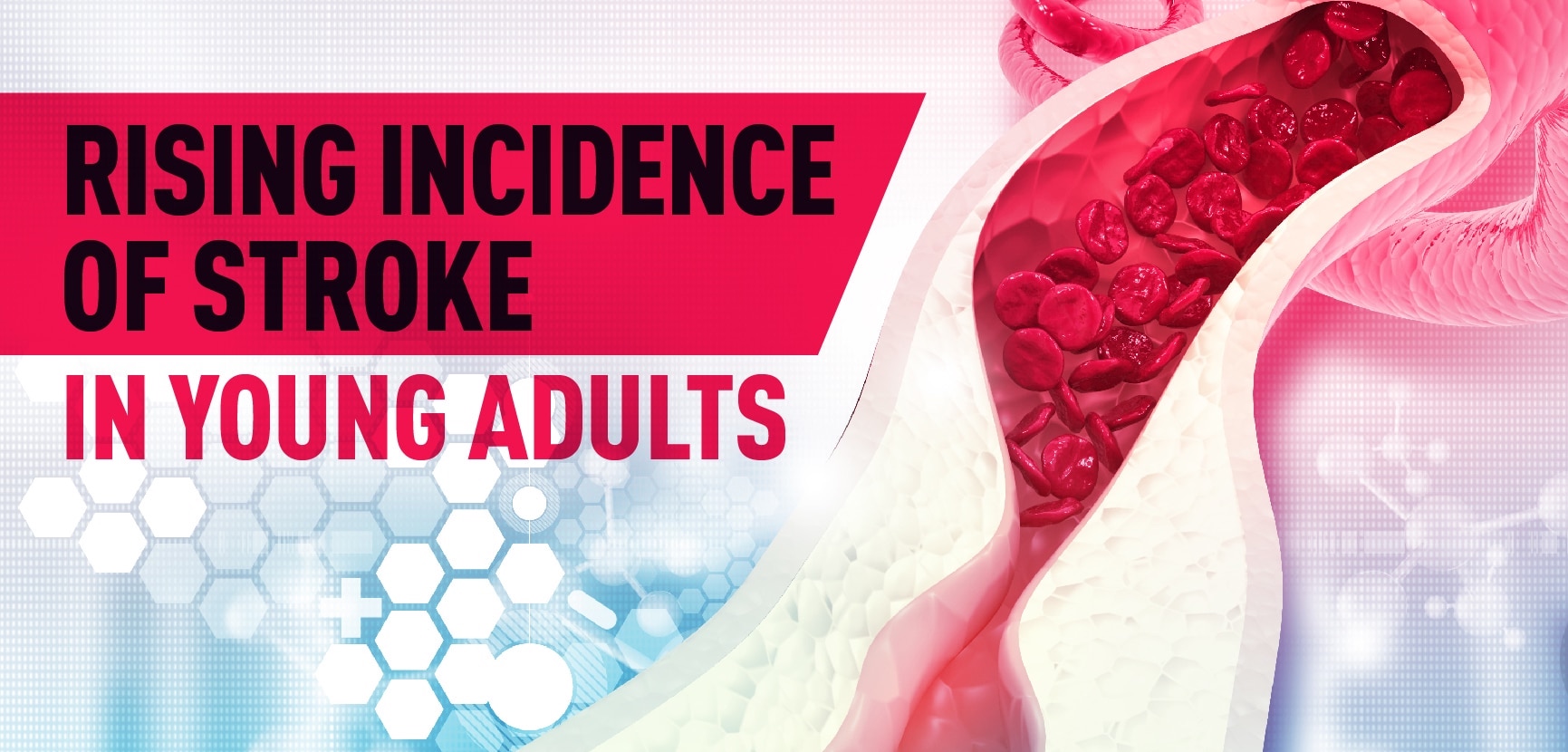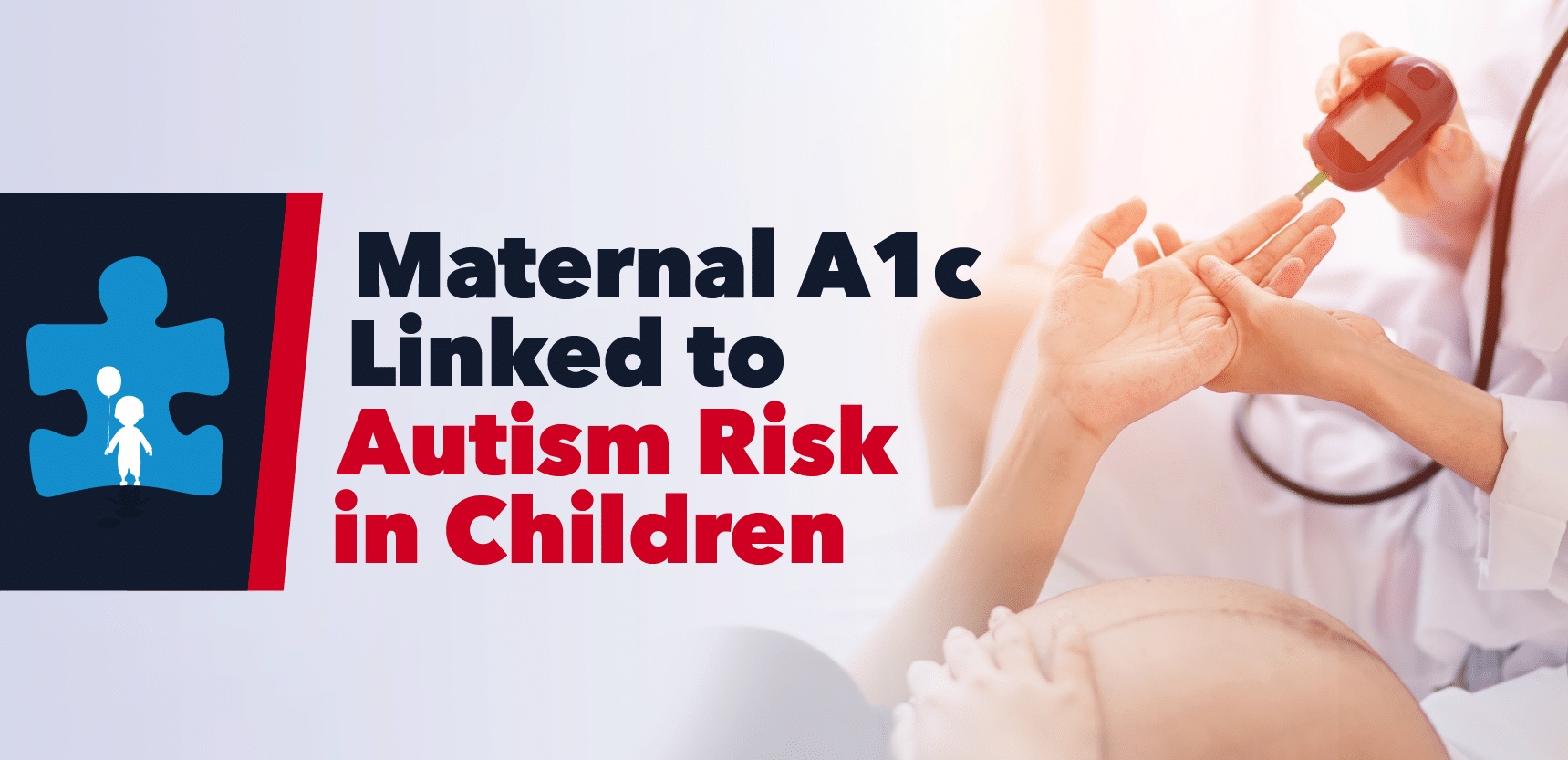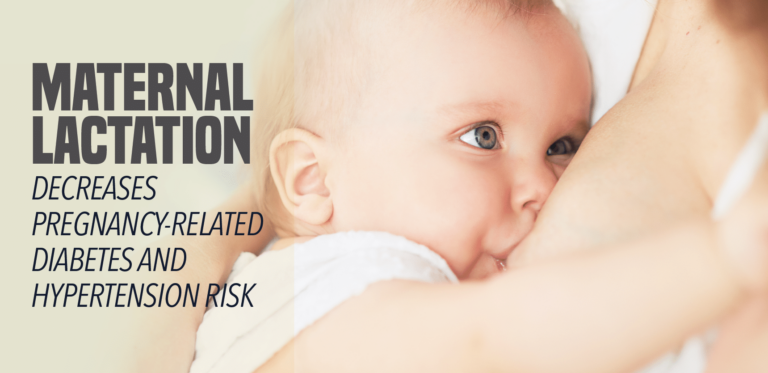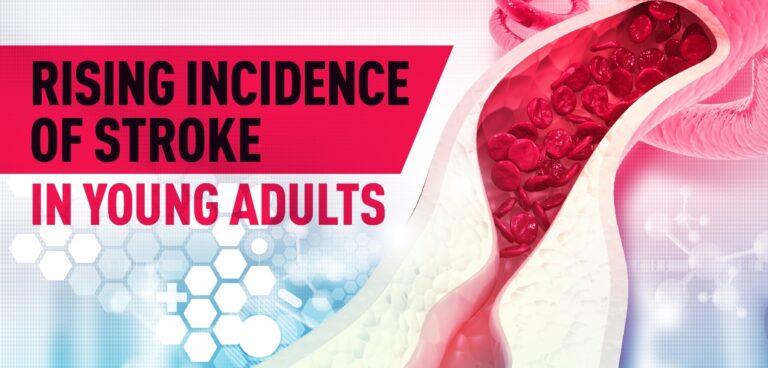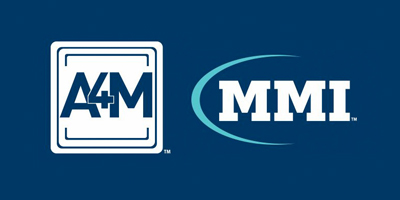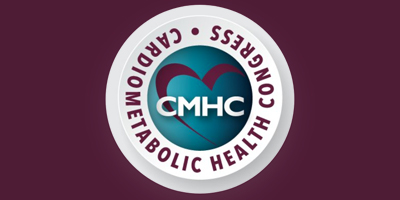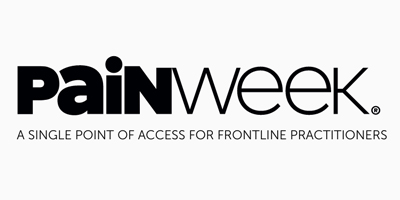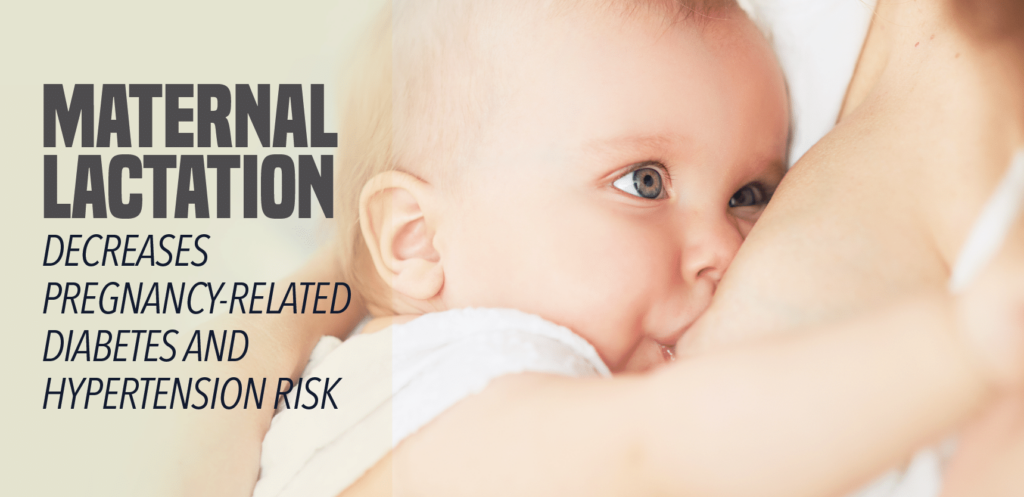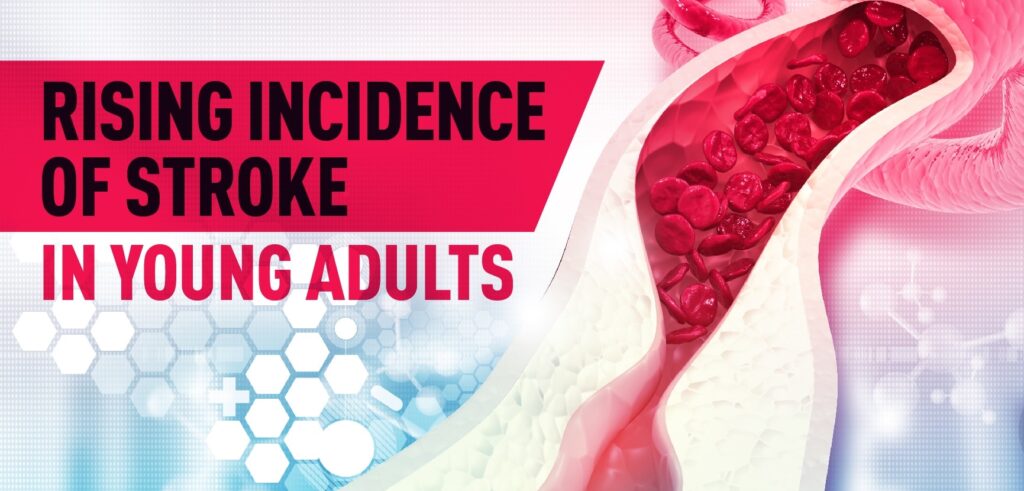Although pediatric patients represent a small portion of total acute myeloid leukemia cases, clinicians said there is a critical need for more effective therapies in this population.
The FDA has approved a new revised label for daunorubicin and cytarabine (Vyxeos, Jazz Pharmaceuticals) to treat newly diagnosed therapy-related acute myeloid leukemia (t-AML) or AML with myelodysplasia-related changes (AML-MRC) in pediatric patients aged 1 year and older.
AML is a cancer in which the bone marrow makes abnormal myeloblasts, red blood cells, or platelets, and it can spread to other parts of the body, including the lymph nodes, liver, spleen, and central nervous system. It represents just 1.1% of all new cancer cases and more than 11,000 people could die from the disease this year, according to a press release. Notably, AML has the lowest survival rate of any other form of leukemia.
“While pediatric patients represent a relatively small percentage of total AML patients, there is a critical need for more effective therapies in this setting,” said Robert Iannone, MD, MSCE, executive vice president of research and development and chief medical officer of Jazz Pharmaceuticals, in the press release.
Vyxeos is a liposomal combination of daunorubicin, an anthracycline topoisomerase inhibitor, and cytarabine, a nucleoside metabolic inhibitor, according to the press release.
The approval is based on safety data from 2 single-arm trials and efficacy evidence from an adequate and well-controlled study in adults. In the phase 1/2 AAML 1421 study, which investigated safety in pediatric populations, investigators enrolled 38 patients aged 1 to 21 years with AML in first relapse. Similarly, the phase 1 CPX-MA-1201 study enrolled 27 patients aged 1 to 19 years with relapsed/refractory hematologic malignancies.
Both studies found no differences in the safety profile based on age. The drug has a boxed warning because it cannot be substituted with other daunorubicin- and cytarabine-containing products. In the phase 3 study, the most common adverse reactions were bleeding events, fever, rash, swelling, nausea, sores in the mouth or throat, diarrhea, constipation, muscle pain, tiredness, stomach pain, difficulty breathing, headache, cough, decreased appetite, irregular heartbeat, pneumonia, blood infection, chills, sleep disorders, and vomiting.
“The expansion of the Vyxeos label to include children is a welcome and necessary advancement in support of some of our most vulnerable patients,” said Edward Anders Kolb, MD, director of the Centers for Cancer and Blood Disorders at Nemours/Alfred I. DuPont Hospital for Children, in the press release.
